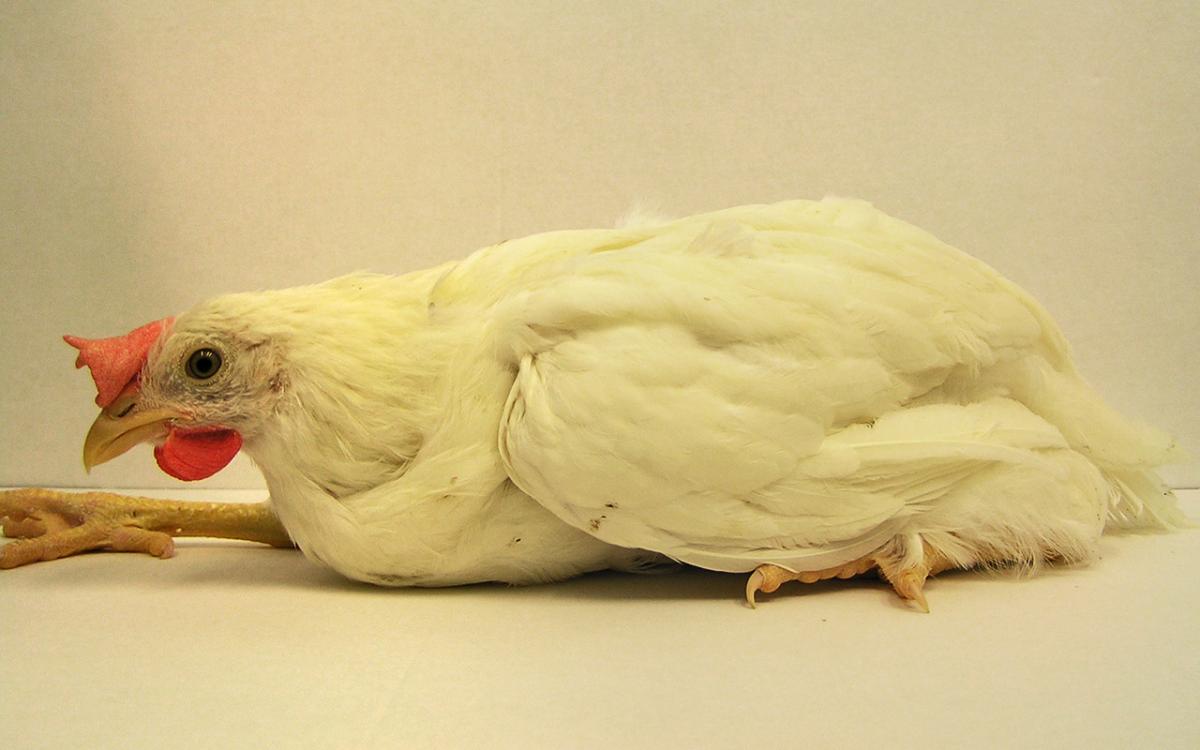Jakob Trimpert, research associate at the Institut für Virologie at the Freien Universität Berlin and guide at the Museum für Naturkunde Berlin, deals with the evolution of the medically probably most important virus of chickens. The virus of Marek's disease is a herpes virus of chickens. Unlike human herpes viruses, however, it causes a very drastic course of disease. The animals get blood cancer a few weeks after infection. In non-vaccinated animals the mortality rate is up to 100%. In view of this dramatic situation, vaccination against this disease has been carried out for over fifty years and with success. Without the vaccination, a poultry industry would hardly be conceivable. However, the vaccine is permissive, which means that vaccinated animals can become infected and also infect other animals, but they do not become ill. This allows a special evolution of the virus. It is exposed to enormous pressure from the vaccination and adapts to this situation. For decades, researchers have observed that the viruses are becoming more and more aggressive and that many vaccines no longer work well. This is a threatening and so far quite unique development. In view of these facts, the researchers are interested in the evolutionary origins of the virus, among other things. According to current knowledge, it is an evolutionarily young virus. The disease was first described in 1907, at that time with a completely different clinical picture. The researchers are very interested in sequencing this virus from old animals in order to understand the evolutionary processes that lead to such a terrible disease. The research collections of the major natural history museums, such as the Museum für Naturkunde Berlin, can provide objects for sampling and thus make a valuable contribution to the clarification of these research questions.
